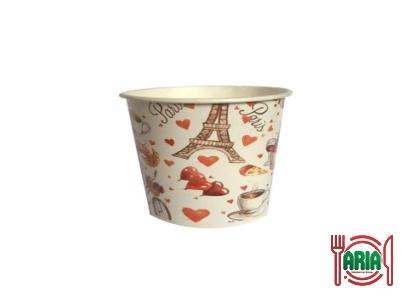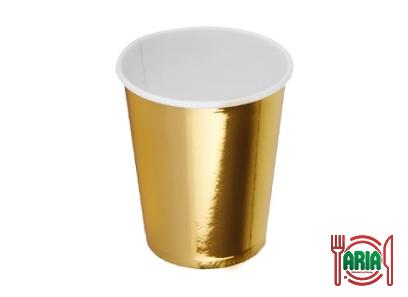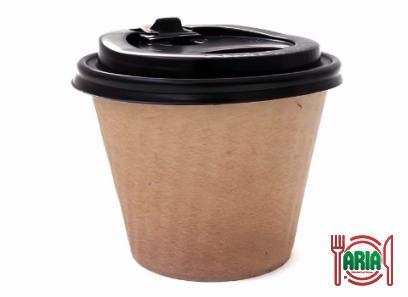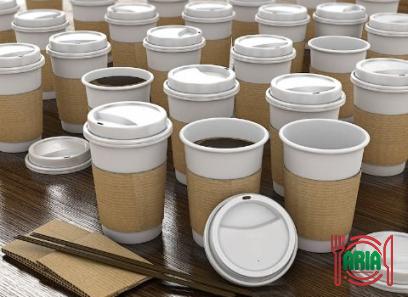Do reused plastic plates have the label “BPA-free” or are they safe to use? It indicates that the material does not contain the chemical element known as bisphenol A (BPA), which is a molecule that contributes to the increased rigidity of the plastic.
Examining the label that is affixed to the plastic could provide the answer to this question.
It is sad that it has been discovered that BPA influences the food and beverages that are contained within the container, and there is evidence to suggest that consuming it may be harmful to the health of human beings. Plastic is one of the most common materials used today.
Because the heat generated by your dishwasher has the potential to cause BPA to leak from plastics that contain it, plastics that contain BPA should NOT be placed in the dishwasher.
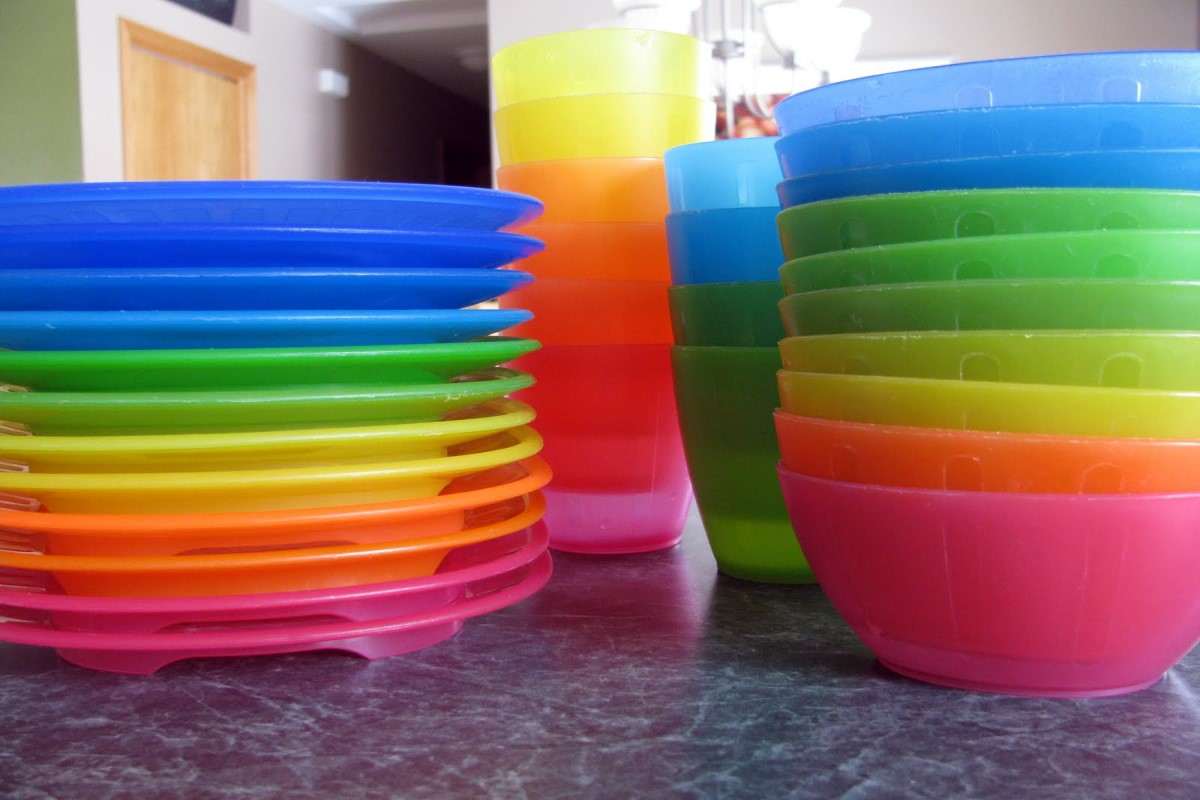
2. This is because the heat generated by your dishwasher has the potential to cause BPA to leak from plastics that contain it, and as a result, plastics that contain BPA should NOT be placed in the dishwasher2.
You should still take caution before putting certain items in the dishwasher, even if the word “BPA” does not appear anywhere on the box.
Some companies claim that their products do not contain BPA, even though they use alternative compounds (such as BPS, BPF, and BPAF) that may have health repercussions that are comparable to those of BPA.
These companies’ products may have the same or similar adverse effects on human health.
This is done to set oneself out from the companies that they compete with. Before placing something in the dishwasher, it is recommended that you first determine whether the item in question contains BPA. This is since washing might ruin things that are BPA-free.
Plastics that are intended to be used just once cannot be washed in a dishwasher. Some examples of this type of plastic include take-out containers and beverage bottles made of the material.
Not only are they constructed out of a variety of plastic that is not designed to survive heat, which means that they will warp and become useless, but the plastic that is used to make them is also not designed to withstand heat, which means that they will warp and become worthless.
Plastic that can be cleaned in a dishwasher should be used to produce baby bottles, plastic chopping boards, and acrylic glasses; however, some safety precautions are still required when washing these products.
Plastic that can be cleaned in a dishwasher should be used to make outdoor plates and cutlery. Dishes and cutlery intended for use outside should be fabricated from a type of plastic that can be easily cleaned in a dishwasher.
Plastic, regardless of how long-lasting it may be, is nevertheless susceptible to damage when subjected to temperatures that are too high for it to endure.
This is because plastic melts at temperatures higher than its melting point. If a plastic bottle or container has been labeled as reusable, it should be okay to wash it in the dishwasher.
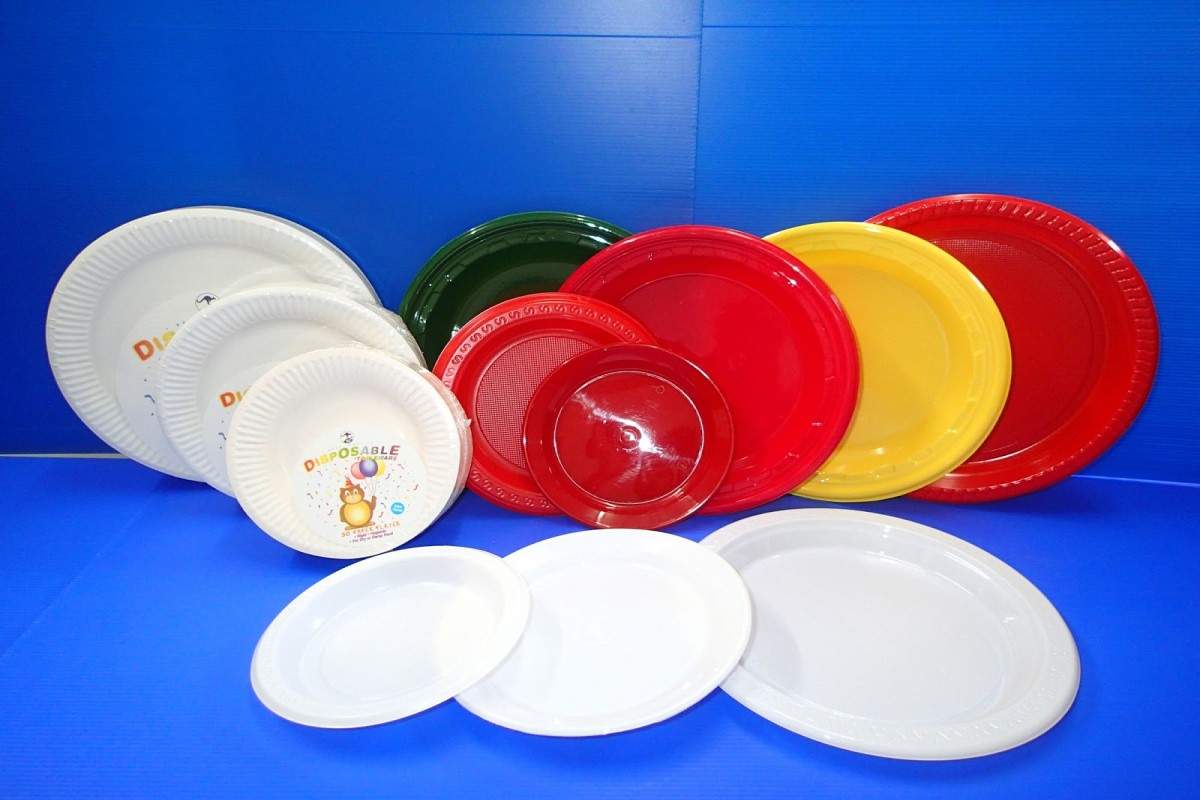
This should also apply to any other type of reusable container. However, to ensure everyone’s safety, there are a few guidelines that need to be adhered to before this may be carried out.
When washing these kinds of products, you should always place them on the top rack (a large distance away from the heating component), and you should steer clear of using severe cleaning or sanitizing cycles.
This will ensure that the products come out of the washing machine in the best condition possible.
Instead, you should stick to the regular cleaning and rinsing cycles that come with the machine.
1. If an item is made of a specific kind of plastic, you won’t be able to put it in the dishwasher; the kind of plastic will define whether this is possible. There are some types of plastic that can melt, whereas other types are unable to.
During the cycle of a dishwasher, the heat and scouring action of detergents can be damaging to some plastic products; therefore, manufacturers have developed plastic goods that are resistant to both elements. These things are available for acquisition.
The phrase “dishwasher safe” will often be affixed to the packaging of such products. This is since the products in question have been designed to survive the severe conditions of a dishwasher.
The following is a list of some common types of plastic, followed by an analysis of how effectively they clean dishes.
Nevertheless, if you are not yet certain, the following information can be of use to you. Plastic may be found in almost every area of our kitchens, and it comes in a wide variety of shapes and sizes. Plastic is also extremely common.
Plastic is easily accessible in most places.
There are three distinct varieties of plastic: one that is tough and long-lasting, such as the kind that is used to make lunchboxes and handles for knives; one that is soft and flexible, such as the kind that is used to make foldable coffee cups; and one that is thin and transparent, such as the kind that is typically used for food storage containers or plastic bottles.
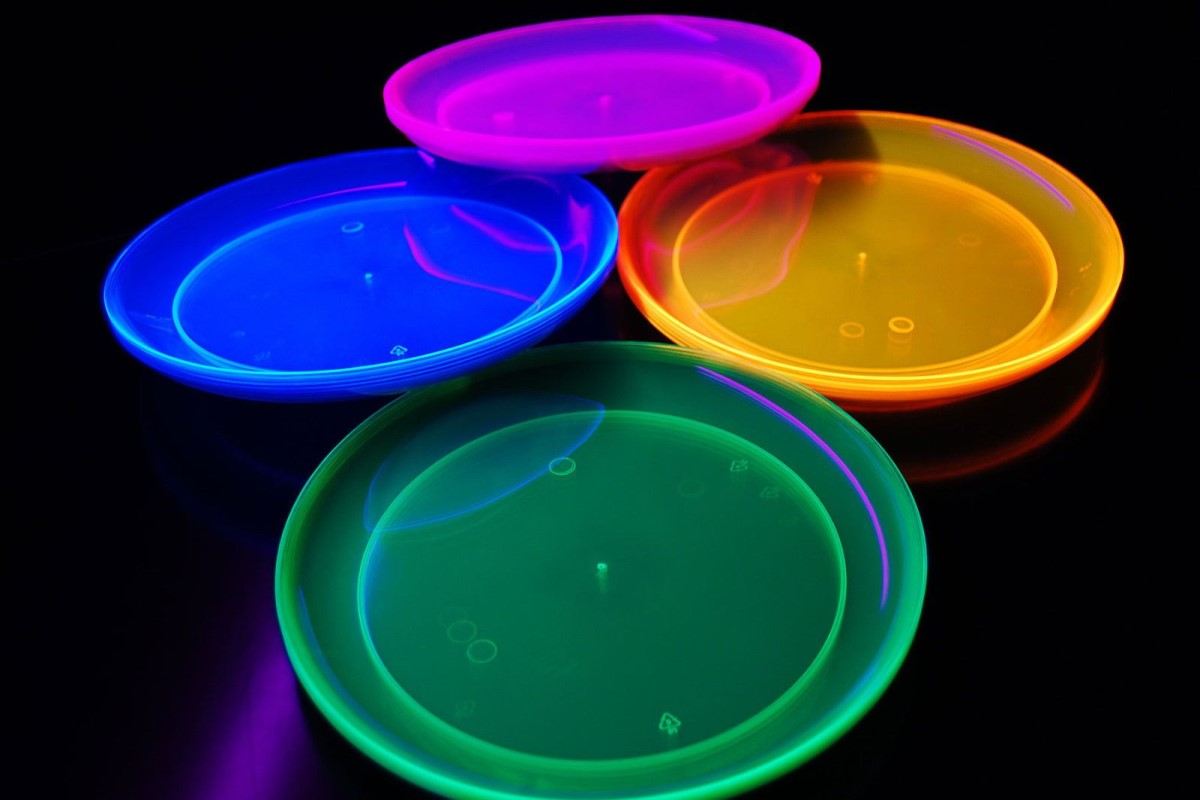
We provide a comprehensive range of machines and manufacturers for disposable plastic items, both single-use, and multi-use, that your company needs to make a sanitary and sterile product in an effective manner.
These products can be either single-use or can be used more than once. Since its founding in 1999, one of Triangle Process Equipment’s primary objectives has been to satisfy the demand for process equipment in the cosmetics, food and beverage, and pharmaceutical industries.
This has been the case ever since the firm was established.
Facility managers and construction management specialists located in different parts of the country can take advantage of Triangle Process Equipment’s wide range of services. The company’s headquarters are in the middle of the Atlantic Ocean.
In addition, the company is an authorized distributor for the industry’s most reputable manufacturers of sanitary processing equipment.
This machinery can be used for a multitude of purposes. This includes everything from the primary pump and the valve lines that are associated with it to the agitating devices and heat exchangers.
In addition to offering a comprehensive selection of products that are generally agreed upon as being the very best in their respective fields, we also provide each of our clients with unique industry experience and knowledge.
Our in-depth knowledge of sanitary products, is supported by a team of dedicated sales veterans who are motivated by the idea that our success is determined by that of those we serve and who are driven by the idea that our success is determined by that of those we serve, allows us to provide the ideal equipment solution for each of our customers.
This is made possible by the fact that we are motivated by the idea that our success is determined by that those we serve. Utilizing our considerable understanding regarding the manufacturing of sanitary products allows us to successfully complete this task.
You can be sure that we will do all in our power to locate the sanitary processing equipment that your company requires to continue attaining high levels of production and profitability.
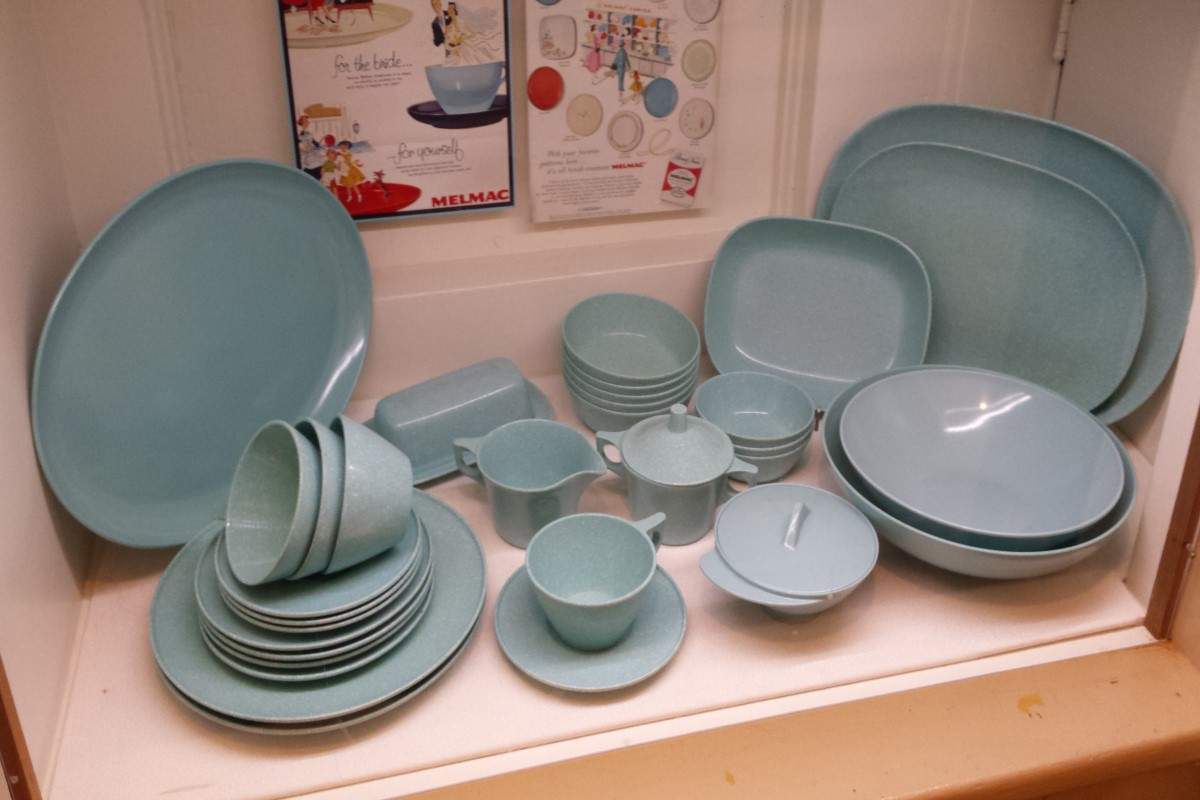
You can also be confident that we will always have your best interests in mind. This is the case regardless of whether we can supply the product that meets your requirements.
It is vital to design used packaging from the very beginning with the intention of supporting its advancement through the recycling process in the most efficient manner possible. This will ensure that used packaging is recycled in an effective manner when it is eventually recycled.
Since Enkase does not affect the recyclability of HDPE, it is possible to recycle it in any HDPE stream or collecting system that is already in place, and this does not require any further preparation or setting up on your part.
This is since Enkase does not alter the qualities that make HDPE suitable for recycling.
This process has been granted their seal of approval by some of the most prominent recycling organizations in the world, which shows that it is an effective one.
It is used in place of multilayer plastics, which are practically impossible to recycle and have the potential to contaminate recycling operations.
This is because it is easier to recycle single-layer plastics. There is hope that this innovative substance will be less harmful to the natural world.
Our environmentally responsible manufacturing process can be utilized with recycled high-density polyethylene (HDPE) in addition to virgin high-density polyethylene (HDPE), and our multilayer plastics processing equipment is even capable of producing packaging with a very high recycled content in the interior layers of the product.
After the product has been removed, this packaging has the potential to be repurposed into high-performance barrier packaging.
In connection with this matter, the chemical known as BPA, which is also spelled bisphenol A, is the material of the utmost significance that needs to be discussed.

